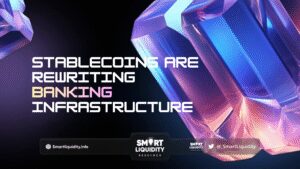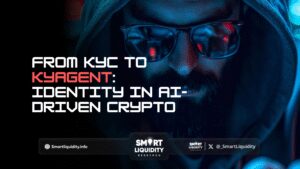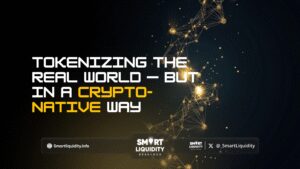Complete Guide about Arbitrum Ecosystem


Arbitrum is a layer 2 scaling solution built on Ethereum, which aims to improve the efficiency, speed, and cost of transactions on the Ethereum blockchain. The system operates by creating a sidechain that is fully compatible with the Ethereum Virtual Machine (EVM), allowing developers to create decentralized applications (dApps) that can be easily integrated into the Arbitrum ecosystem.
One of the key features of Arbitrum is its ability to perform transactions at a much faster rate than the Ethereum mainnet, with a latency of less than 0.1 seconds. Additionally, the system is designed to reduce the gas fees associated with Ethereum transactions, making it a more cost-effective solution for users and developers.
How Does Arbitrum Work?
Arbitrum is built on a technology called Optimistic Rollups, which is a layer 2 scaling solution that enables high-speed and low-cost transactions on the Ethereum blockchain. In essence, Arbitrum operates by taking a snapshot of the Ethereum blockchain and processing transactions off-chain.
The system uses a technique called fraud-proofing to ensure that all transactions are secure and valid, while also maintaining the decentralization and security of the Ethereum network. This is achieved by allowing users to challenge any invalid transaction and receive a reward for doing so, incentivizing them to ensure the integrity of the system.
Benefits of the Arbitrum Ecosystem
Arbitrum provides several key benefits to developers and users of the Ethereum blockchain. One of the primary advantages is its scalability, as it allows for a significant increase in the number of transactions that can be processed per second, without sacrificing the security and decentralization of the network.
In addition, Arbitrum offers lower gas fees, which can help reduce the costs associated with deploying and using dApps on the Ethereum blockchain. The system also provides a more user-friendly experience, with faster transaction times and an easier onboarding process for new users.
Use Cases for Arbitrum
Arbitrum has numerous potential use cases, ranging from decentralized finance (DeFi) to gaming and NFTs. One of the primary use cases for Arbitrum is in the DeFi space, where the system can provide significant improvements in speed and cost-effectiveness for transactions involving lending, borrowing, and trading cryptocurrencies.
In addition, Arbitrum can be used for gaming applications that require high-speed and low-latency transactions, such as multiplayer games and virtual worlds. The system can also be used to facilitate the trading and transfer of NFTs, providing a more efficient and cost-effective solution for users and developers.
Getting Started with Arbitrum
To get started with Arbitrum, users will need to have an Ethereum wallet and a small amount of ETH to cover transaction fees. Once they have these, they can connect to the Arbitrum network using a compatible wallet, such as Metamask or Coinbase Wallet.
From there, users can begin exploring the various dApps and services available on the Arbitrum network, such as Uniswap or Aave. They can also begin building their own dApps on the platform, using the same programming languages and tools as they would for Ethereum.
Future of the Arbitrum Ecosystem
Arbitrum has the potential to revolutionize the Ethereum ecosystem, offering a more efficient and cost-effective solution for developers and users alike. The system is currently in its early stages, with several dApps already being built on the platform.
Looking forward, the future of Arbitrum will likely involve continued growth and development, with more projects and applications being built on the platform. This will help to further drive adoption of the technology, leading to a more robust and decentralized blockchain ecosystem.
One of the key areas of focus for the Arbitrum team is interoperability, as they aim to create a seamless experience for users and developers across different blockchains. This will involve working on integrations with other layer 2 scaling solutions, as well as exploring potential partnerships with other blockchain networks.
Another area of focus for the future of Arbitrum is improving the user experience, with a particular focus on simplifying the onboarding process for new users. This will involve developing more user-friendly interfaces and tools that make it easier for users to interact with the system.
Overall, the future of the Arbitrum ecosystem looks bright, with significant potential to drive innovation and growth in the blockchain space. As the technology continues to mature and more applications are built on the platform, it will be exciting to see how it contributes to the evolution of the Ethereum ecosystem and the wider blockchain industry.
Final Thoughts
Arbitrum is an innovative layer 2 scaling solution that offers significant benefits for the Ethereum ecosystem. By providing faster transaction times, lower gas fees, and improved scalability, Arbitrum has the potential to drive significant growth and innovation in the blockchain space.
As more projects and applications are built on the platform, we can expect to see continued growth and adoption of the technology, leading to a more robust and decentralized blockchain ecosystem. With a focus on interoperability and improving the user experience, the future of the Arbitrum ecosystem looks bright, and it will be exciting to see how it contributes to the evolution of the blockchain industry in the years to come.




